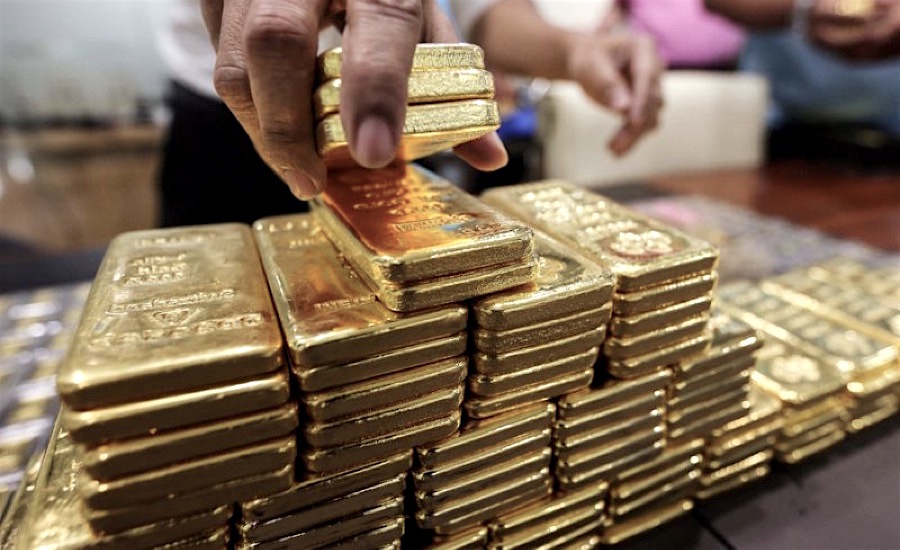
By Susanne Barton
This year hasn’t been kind to precious-metal stock pickers at the world’s biggest asset manager, but their luck may be about to turn.
The $1.3 billion BlackRock Gold and General Fund lost 15 percent last quarter, its worst performance since the third quarter of 2015. Among large materials-focused equity funds, it was the second-worst performer after another BlackRock gold fund domiciled in Japan.
BlackRock wasn’t alone in suffering losses on its gold investments in the first quarter, with AMG and Franklin funds both losing more than 9 percent. While the price of gold has edged higher this year and producer earnings are improving, investors are seeking higher returns in flashier industries such as electric-vehicle commodities, pot and cryptocurrencies at a time of rising interest rates and accelerating global growth.
“Recent relative performance of the fund has been disappointing,” Tom Holl, a money manager at BlackRock, said in an emailed response. “A contributor to this performance in 2018 has been the underperformance of the royalty companies, which the fund has some exposure to. Some stock specific events have also held back relative performance.”
Gold futures for June delivery climbed 1 percent to $1,350.40 an ounce at 8:35 a.m. on the Comex in New York as investors sought a haven from escalating U.S.-China trade tensions.
While the New York-based firm declined to disclose the fund’s current holdings, as of Jan. 31 it owned shares in streaming companies Franco-Nevada Corp. and Wheaton Precious Metals Corp., as well as producers Newcrest Mining Ltd. and Randgold Resources Ltd.
Newcrest slumped 14 percent in the quarter, dragged down by a tailings dam breach at its Cadia mine, while Randgold lost 21 percent amid the prospect of higher taxes in the Democratic Republic of Congo. Franco-Nevada and Wheaton fell 13 percent and 5.5 percent, respectively, in Toronto.
The fund’s outlook may be getting better. Goldman Sachs Group Inc. last month raised its recommendation on Randgold and turned bullish on gold for the first time in five years. Analysts cited higher inflation, rising emerging-market wealth and concerns about an equity correction for the sentiment shift.
“Elevated volatility, a weaker dollar and developing trade rhetoric could all serve as catalysts for higher gold prices, which should benefit miners,” according to a March 28 Bloomberg Intelligence note.